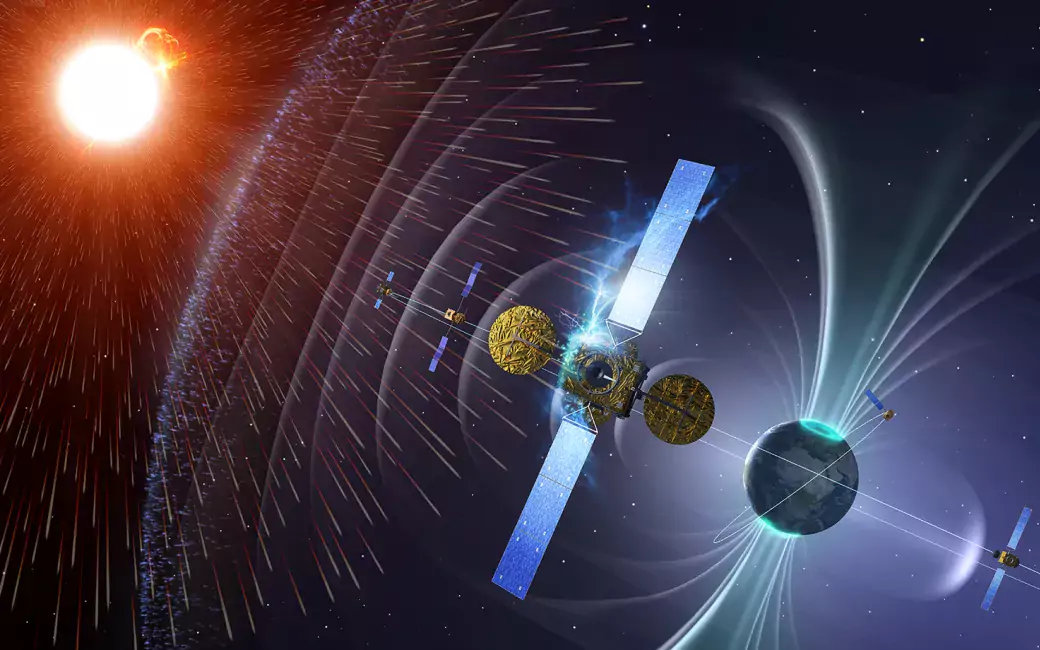Professor Emilia Kilpua heads a multinational network project in heliophysics, which educates doctoral researchers in the field. The project's goal is to produce breakthroughs in understanding the causes of Earth's space weather.

As part of the Marie Skłodowska-Curie Innovative Training Network (MSCA ITN), the Space Weather Awareness Training Network (SWATNet) is a project funded by the EU's Horizon 2020 research and innovation programme.
- Our research focuses on understanding physical processes. We use and develop a range of models to investigate how solar eruptions are born and travel from the Sun to Earth, and how they accelerate high-energy particles, Emilia Kilpua says.
To improve space weather forecasts, the project also utilises techniques related to machine learning and artificial intelligence.
The consortium comprises nine partners from eight European countries (Finland, Greece, Hungary, Belgium, the United Kingdom, Italy, Poland and Portugal). All 12 doctoral researchers in the project are completing joint or double degrees, receiving in the process broad-based education from several universities. Many esteemed businesses in the field also are involved in the project.
- The project officially began a year ago. The initial stage has been hectic, and even challenging for the leader. But now we've already managed to advance activities, and everything in this challenging project is proceeding very well. Moreover, most of the doctoral researchers have been recruited by now, Kilpua says.
Kilpua's research group in Helsinki includes a doctoral researcher from Austria. Over the course of the spring and autumn, all the doctoral researchers will meet at educational events in Portugal and Athens.
According to Kilpua, they will have the opportunity to complete in the spring a one-month traineeship at a solar observatory in Hungary.
The project also includes collaboration among businesses within and outside the space sector. Finnish involvement comes from the University of Turku's Aboa Space Research Oy (ASRO) agency.
- As a leader, it's nice to have the opportunity to work with businesses and students from different European countries. The collaboration also generates new ideas for the development of doctoral education at the University of Helsinki, Kilpua says.
Solar eruptions have been particularly active this spring, with northern lights seen as far down as southern Finland. The collaboration of several space probes is needed to study and forecast such phenomena. The Solar Orbiter, Parker Solar Probe and BepiColombo probes are currently conducting measurements, in addition to which the Finnish Centre of Excellence in Research of Sustainable Space will launch into space the Foresail-1 nanosatellite in the early summer.






